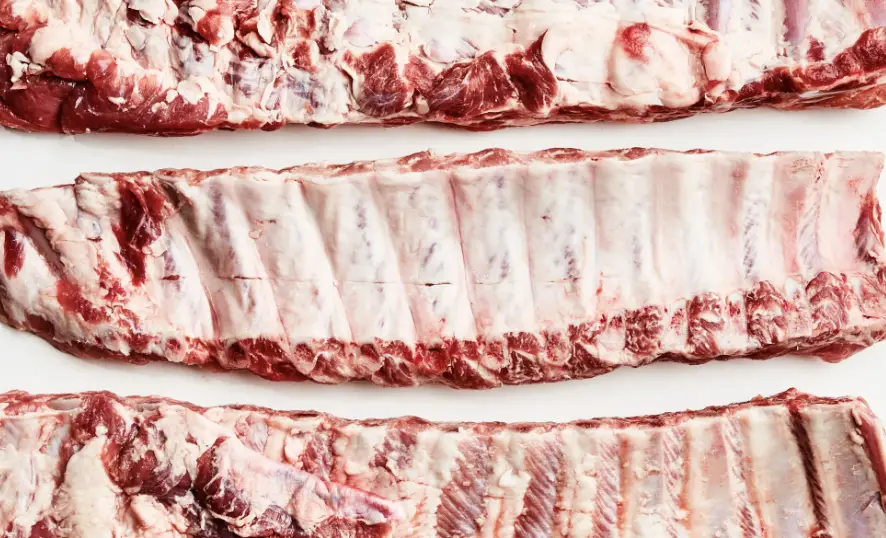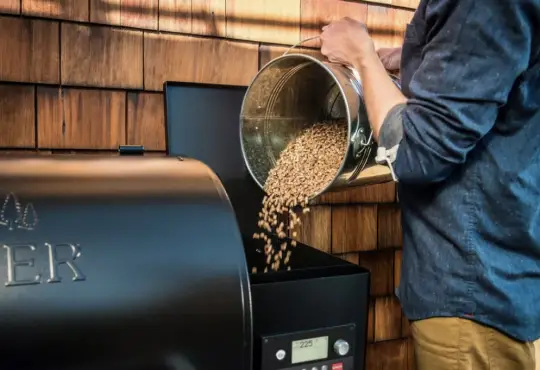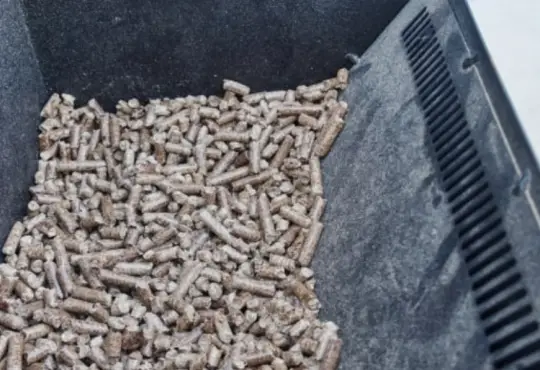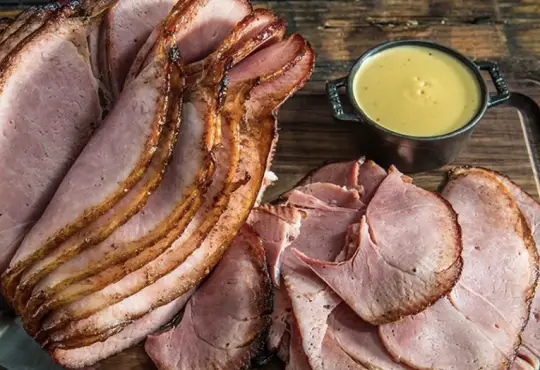
Dealing with Unpleasant Odors: Why Do My Pork Ribs Smell Bad and How to Address It
Pork ribs are a favorite on the barbecue, offering tender and flavorful bites that are enjoyed by many. However, encountering the issue of bad odors emanating from your pork ribs can be concerning and disappointing. In this blog post, we’ll explore the potential reasons behind this unpleasant odor and provide guidance on how to tackle the issue to ensure your grilling experience remains enjoyable.
1. Spoilage and Bacterial Growth:
One of the most common reasons for bad-smelling pork ribs is spoilage caused by bacterial growth. If the meat has been stored improperly or for too long, harmful bacteria can multiply, leading to a foul smell. Always check the “sell by” or “use by” date and follow proper storage guidelines to prevent spoilage.
2. Improper Cleaning and Preparation:
Inadequate cleaning and preparation of the ribs can also contribute to bad odors. Make sure to thoroughly rinse the ribs under cold water and pat them dry before seasoning or marinating. Failure to do so might lead to the growth of bacteria that produce unpleasant smells.
3. Cross-Contamination:
Cross-contamination occurs when raw pork comes into contact with other foods, surfaces, or utensils, transferring harmful bacteria and causing off-putting smells. Use separate cutting boards, utensils, and storage containers for raw meats to prevent cross-contamination.
4. Aging or Deterioration:
Pork ribs can develop an aged or gamey smell if they have been stored for too long. While some aging is typical for enhancing flavor, excessive aging can lead to undesirable odors. It’s essential to strike a balance between aging and freshness.
5. Spices and Marinades:
Certain spices and marinades can have strong odors that, when combined with the natural smell of pork, might result in an unfamiliar or off-putting aroma. Experiment with different flavor profiles to find combinations that enhance the taste without overpowering the meat.
6. Cooking Temperatures and Techniques:
Incorrect cooking temperatures or techniques can result in undercooked or overcooked meat, leading to bad odors. Ensure you’re following recommended cooking times and temperatures to achieve perfectly cooked and safe-to-eat pork ribs.
7. Ethylene Gas Interaction:
If you’ve stored pork ribs near fruits that release ethylene gas (e.g., apples, bananas), the gas can interact with the meat, potentially causing an unusual odor. Store meats away from ethylene-producing fruits to prevent unwanted interactions.
In Conclusion:
Encountering bad smells from your pork ribs can be disappointing, but understanding the potential reasons behind this issue can help you address it effectively. Whether it’s spoilage, cross-contamination, improper preparation, or cooking techniques, there are steps you can take to ensure your pork ribs are both safe and delicious. By prioritizing proper storage, thorough cleaning, and safe cooking practices, you can enjoy mouthwatering pork ribs without the worry of unpleasant odors. Remember to always prioritize food safety and follow guidelines to create a gratifying and enjoyable grilling experience.






